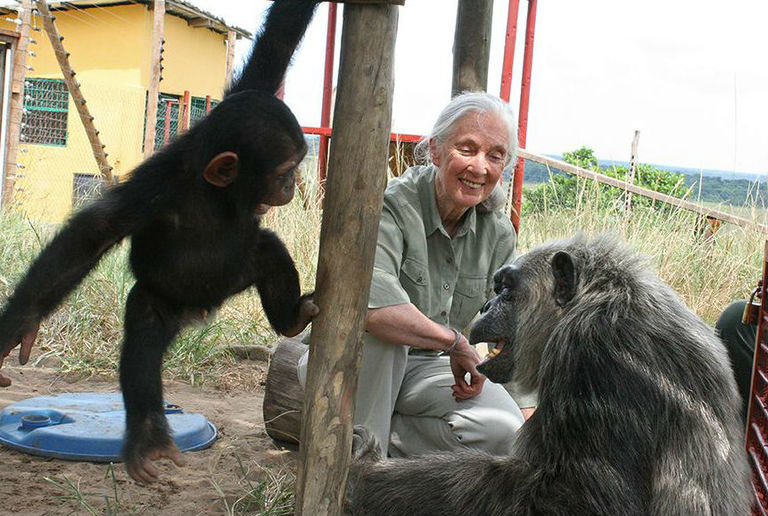On the surface, it doesn’t seem like we share nearly 100 percent of our genes with primates; we can do so many things they can’t!
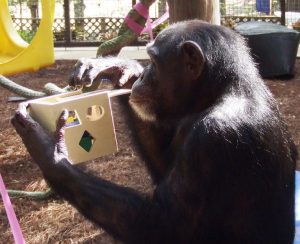
Have you at any point seen a chimpanzee go shopping for food or explore a shopping center parking area with a SUV? Obviously not!
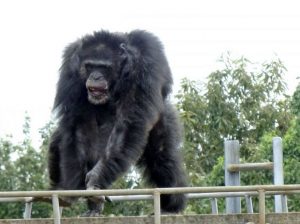
Be that as it may, look into demonstrates chimps have propelled thinking abilities and can apply rationale to specific circumstances. Indeed, even still, specialists at one office were shocked by a specific quality shared by the two people and our far off cousins…
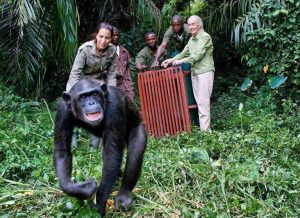
Jane Goodall is viewed as the world’s principal master on chimpanzees. She went through more than 55 years considering them, picking up their trust, and learning their private ways of life.

She instructed the world chimps are animals to be respected, establishing the pace for future researchers.Not long into her examinations, she established the Jane Goodall Institute, which thinks about chimpanzees,
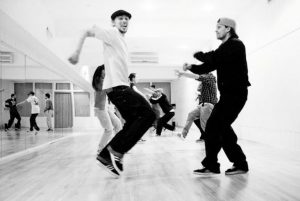
yet in addition works broadly with other creature government assistance gatherings. In any case, chimpanzees were the place Goodall’s enthusiasm lied.
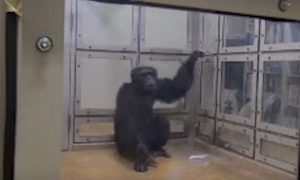
Through the endless hours she went through with them, she had the option to enable the world to acknowledge exactly how comparable the creatures were to people. They could feel feelings and they worked in social orders. In any case, that wasn’t all.As it turned out, chimpanzees were keen! A considerable lot of them, when given riddles and complex errands, could show critical thinking capacities and propelled thought.

This chimpanzee inquire about is additionally enormous at Kyoto University in Japan.One specialist, Yuko Hattori, has a Ph.D.

in brain research, and, much like Goodall, she’s gone through years contemplating the conduct and thought examples of chimpanzees. Her discoveries were similarly as fascinating.Kyoto University has extraordinarily structured pens for the chimps to take part in an assortment of exercises meant to utilize their innovative muscles.
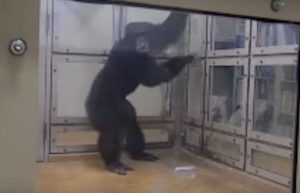
Be that as it may, it was one specific investigation that blew the scientists away.Hattori, alongside her group of partners, were interested with respect to how their gathering of chimpanzees would respond when they heard music.
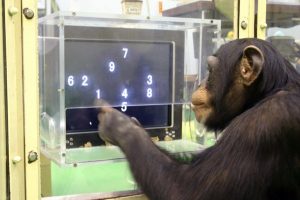
Clearly, music doesn’t exist in the wild, so the group made a fascinating experiment.Experts realized they needed to pick the correct music — something straightforward with a beat. Along these lines, they channeled short accounts of piano rhythms through a plastic passage prompting the chimps’ living space, and they watched.
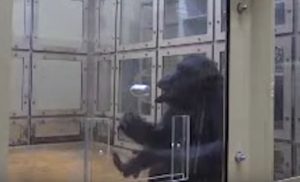
Almost quickly, they were in amazement at the response of the principal male chimp. Over the span of the two-minute piano track, the chimp stood up onto his rear legs and started influencing back and forth!They were considerably more smooth during the tunes.All four females danced for an average of 10 percent of the songs, their motions mostly foot tappings and gentle swaying. The researchers considered the reasons for this.Chimps live in a patriarchal society, meaning the men are in charge.
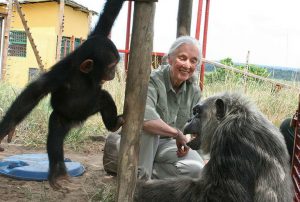
Males are far more vocal in the wild in order to communicate to other members of their group or establish dominance. The experts applied this knowledge to their dancing.

